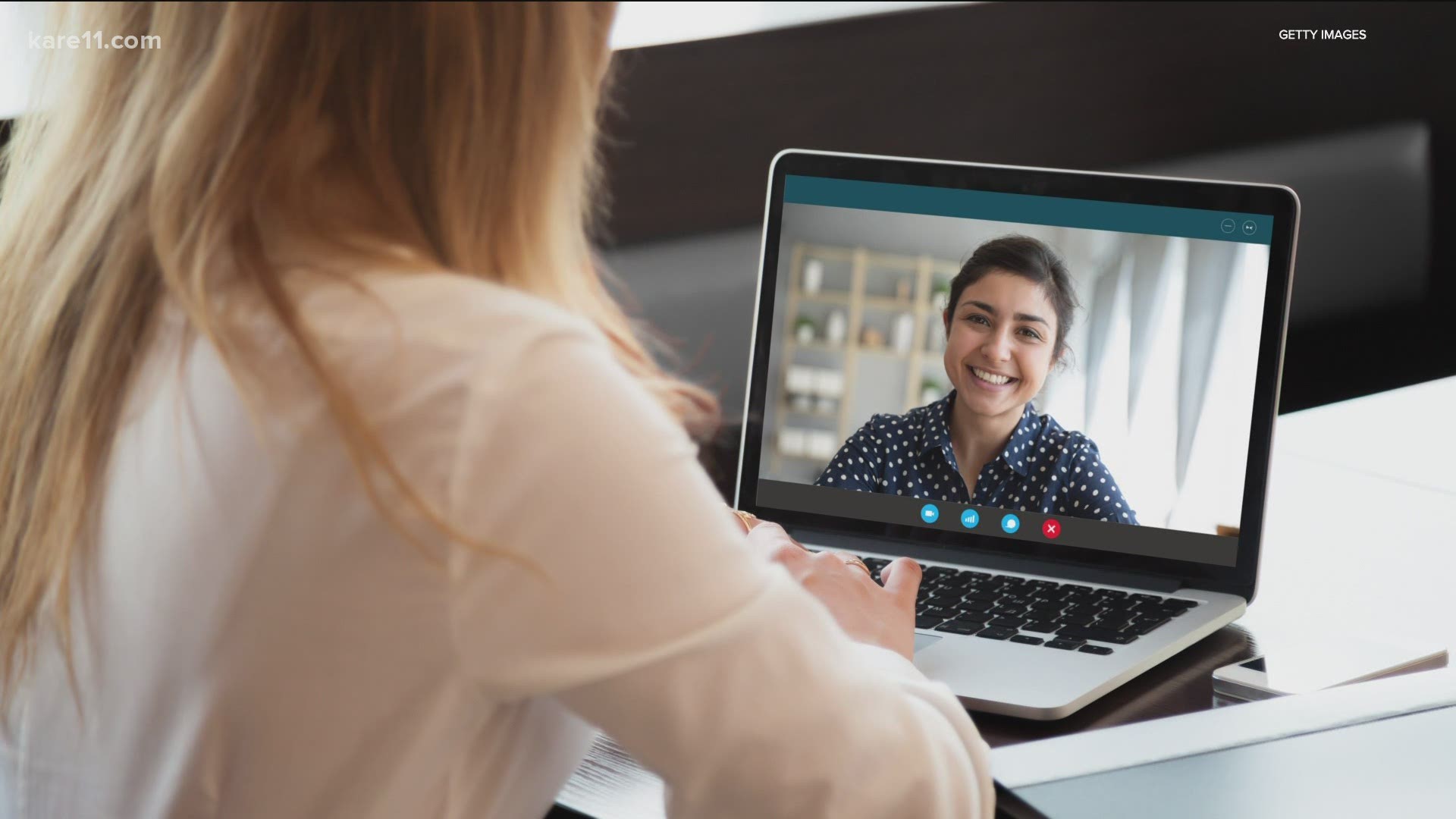MINNEAPOLIS — Americans are working more since the start of the pandemic: Two and a half hours more per day on average, according to a study by NordVPN Teams.
"It's troubling, but it's also not surprising," said Scott Dettman, CEO for Avenica, a Minneapolis-based company that helps prep students for the job world.
Dettman believes people need transition moments that they aren't getting during the pandemic, like leaving home, commuting, and packing up at the end of the day. These are the moments that help separate work from non-work time.
The detrimental effects of working more include potential burnout and less efficient work, he said.
"It's also not creating that space you need from time to time to engage in creative thought or innovative thought. Discussions and connections that happen through those off-work moments," said Dettman.
To help solve this, Dettman said managers need to establish a culture of disconnecting through a virtual send off.
"At the end of the day, kind of saying 'Hey I'm signing off, have a great night,' but it has to come from the leaders," said Dettman.
Employees should communicate with managers about their workload, he said.
"I think the only way to change this is first of all making sure people have clear priorities, clear expectations on what they're doing, but also making sure the managers and leaders are being cognizant of it, and I think until they make it a priority it's just going to continue."
Dettman said he thinks people won't work quite as many extra hours once the pandemic wanes, but adds that many will work flex schedules, meaning those extra hours could continue to some extent.

